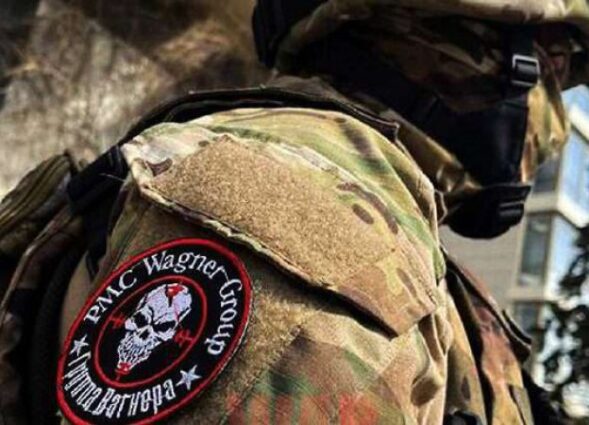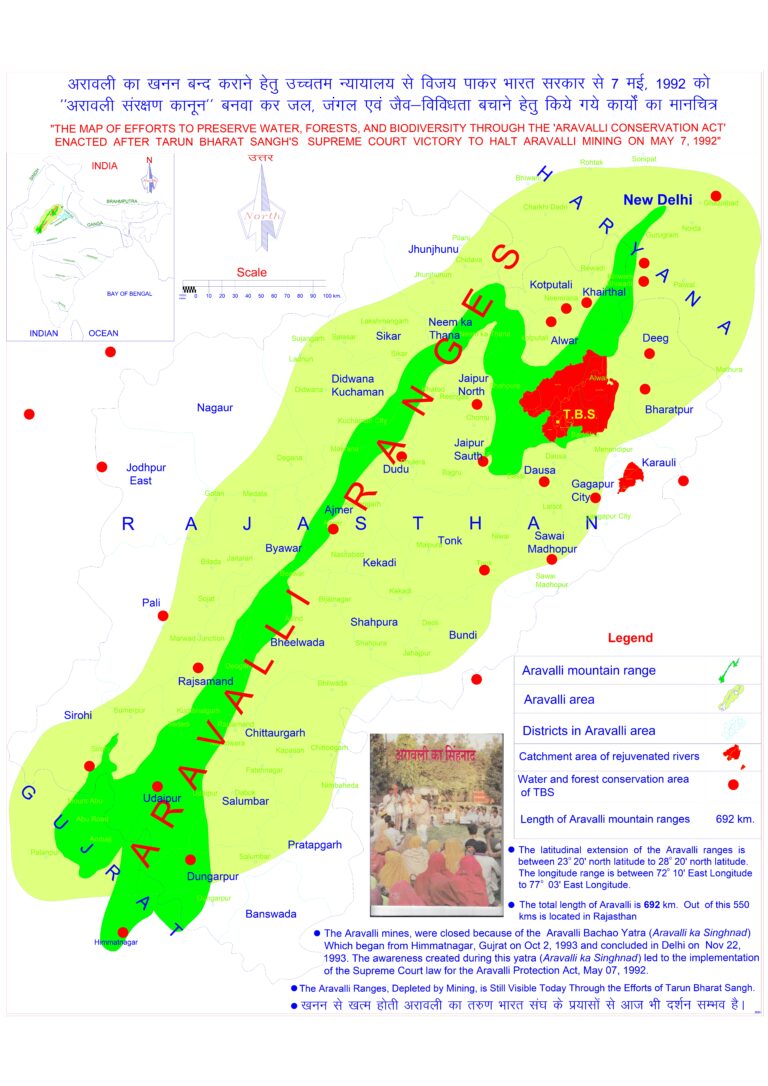
 By Deepak Parvatiyar*
By Deepak Parvatiyar*
As expected, the United States of America-led West has pounced on the Wagner Group‘s mutiny against Putin and has clearly succeeded in rattling Russian President Vladimir Putin. At the same time, it has taken adequate care to disown the Group which it accuses of committing “brutal atrocities” on civilians in Ukraine.
It goes without saying that this was the first time since he assumed power that Putin’s authority was severely challenged. Much like what the West had been doing, the Wagner Group chief Yevgeniy Prigozhin questioned the entire pretext of the war in Ukraine and directly challenged President Putin’s leadership. The USA now astutely points out that one can be thrown in jail for taking that step as an ordinary citizen inside of Russia.
Known to keep Opposition at bay, Putin is definitely perturbed. Never before had he tolerated the insubordination that he has been compelled to tolerate now, even as he now squarely blames the “neo-Nazis in Kyiv, their Western patrons and other national traitors”, who he claims want to see “fratricide” in Russia.
“They wanted Russian soldiers to kill each other; they wanted the military and civilians to die; they wanted Russia to lose eventually, and our society to break up and perish in a bloody feud. They were rubbing their hands together and dreaming of revenge for their failures at the frontline and in the course of the so-called counteroffensive, but they miscalculated,” the Russian President said in his address to the nation – the second since the Wagner incident, yesterday.
The USA has stressed that this has been an internal Russian matter. But Putin refuses to buy this theory. Hence, he is trying to maintain a brave posture. In his address to the nation, he sought to send a message loud and clear to his enemies that an armed mutiny would have been suppressed in any event. “The swift and well-managed deployment of defence, security and law enforcement units helped prevent the situation in the country from going down a very dangerous road and ensure that there were no civilian casualties,” he said.
There are media reports that the US administration had intelligence about the mutiny rebellion since mid-June 2023. Although the US State Department today refrained from divulging information about any “intelligence matters”, it did lend some credence to such reports by stating that one didn’t exactly need a classified briefing to know that there were tensions between Yevgeniy Prigozhin and the Russian Ministry of Defense. “He’s been quite open about those, and those tensions have been escalating in plain sight for anyone for the last several months,” US State Department Spokesperson Matthew Miller said.
Undoubtedly, Putin firmly believes the foreign hand behind the mutiny. But what is confounding is the Russian President’s articulation of the fizzling out of the mutiny. He has taken pains to explain that it fizzled out only because of the realisation by mutiny plotters that their actions were “criminal in nature, aimed at polarising people and weakening the country, which is currently countering an enormous external threat and unprecedented pressure from the outside”.
So what made the mutineers realise their mistake? Why such a late realisation?
The mutiny has perceptibly led to confusion and Putin’s remarks and actions only add to such confusion. Yesterday, while meeting the heads of security agencies, he implored them to discuss the challenges he faced as a result of the analysis of the events that shook him.
Obviously, the USA-led West is not going to let go of such an opportunity to demean Putin and has launched a battle of wits. It is in this context that the assertion by the United States Secretary of State Antony J. Blinken over the weekend should be seen where he claimed Russia was distracted by what was happening internally there. Blinken said this could create an additional advantage for the Ukrainians.
Without wasting time, the United States has moved on to encourage the Ukrainians to take advantage of this moment. It realises Putin is treading a very delicate tightrope at the moment and has gone to the extent of calling the rebel Wagner Group soldiers “Russian patriots, loyal to their people and their state”.
Post the failed mutiny, Putin seems to be introspecting loudly. He has talked about the courage of the Wagner Group’s soldiers on the battlefield when liberating Donbas and Novorossiya. He firmly believes that the West made an attempt “to use the Wagner Group soldiers without their knowledge against their comrades-in-arms with whom they were fighting shoulder to shoulder for their country and its future”. He has even expressed his gratitude to those Wagner Group soldiers and commanders who withdrew from getting engaged in “fratricidal bloodshed”. Yesterday Putin offered the Wagner Group soldiers continuity of their service by signing a contract with the Defence Ministry or other law enforcement or security agency.
Such introspection suggests that it is hard for the Russian President to digest the fact that he conceded ground to the West following the mutiny.
His moves show that he is trying to reconsolidate his shaken position. That he is desperate to convert the present crisis into an opportunity is palpable. He needs to reestablish his authority as quickly as possible. For this, he seems to be banking on benevolence. His claims that it was because of his direct instructions, steps were taken to avoid spilling blood, can be seen in this light.
Putin’s remarks do give an impression of a shaken man. The uprising in the midst of a prolonged war against Ukraine, where the West has actively sided with the latter, could not have come at a worse time for him when Russia is reeling under sanctions.
For Putin, it has indeed been a challenge to put his house back in order. This time it was because of Belarus that he could be saved. Putin himself acknowledges this and has profoundly expressed his gratefulness to the President of Belarus Alexander Lukashenko “for his efforts and contribution to the peaceful settlement of the situation”.
That Putin has been perceptibly rattled by the incident could be safely assumed also by the fact that today again he went public for the second consecutive day, this time addressing the Russian Defence Ministry, National Guard, Federal Security Service, Interior Ministry and Federal Guard Service units, to laud their efforts to ensure law and order during the mutiny.
The Russian President today conceded that the trouble would have inevitably led to “chaos”, and resulted in a civil war – “You have defended the constitutional order, as well as the life, security and freedom of our citizens, steering our Motherland clear from upheavals and de facto stopping a civil war in its tracks”. He further acknowledged that the situation was “complicated” wherein the Russian forces acted in a “firm and coordinated manner”. He regretted that his “comrades-in-arms – pilots – lost their lives while confronting the mutineers”. At the same time, he invoked patriotism to declare that “the patriotic sentiments of our people and the consolidation of Russian society played a decisive role during these days”.
The mutiny has unequivocally exposed Putin’s vulnerabilities, and the West knows this well.
Little wonder, therefore, that Washington considers the situation to be “dynamic” and the US Secretary of State Antony J. Blinken proclaimed that “we haven’t seen the last act yet”. Seizing his chance, US President Joe Biden focused on convening allies and partners. He had a call with members of the Quad, while the US Secretary of State Antony J Blinken had a call with members of the G7, as well as the foreign ministers of Ukraine, Türkiye, Poland and others. And Secretary Blinken did say in some of his interviews that Putin’s influence, and power have clearly been “shaken by this, by his speech, by the whole nexus of what has happened”.
“It is certainly, a new thing to see President Putin’s leadership directly challenged. It is a new thing to see [Wagner Group chief] Yevgeniy Prigozhin directly questioning the rationale for this war, and calling out that the war has been conducted, essentially, based on a lie, which is something that we have said previously, but we certainly have not seen coming from Russian officials previously. Those are all significant steps. And what the implications of those are, I think, remains to be seen,” US State Department Spokesperson Miller said in Washington. According to him, the events in Russia over the weekend, where Wagner forces to some extent withdrew from Ukraine, and instead marched on and eventually occupied a Russian city, “are a significant step”.
The USA indeed is not shying away from capitalising on this shaky situation and candidly admits that it has been in “close consultation” with Ukraine and the Ukrainian military about the ongoing counteroffensive.





